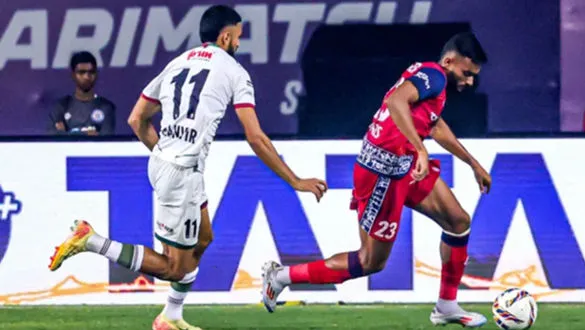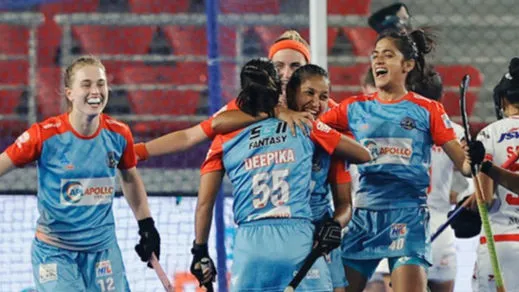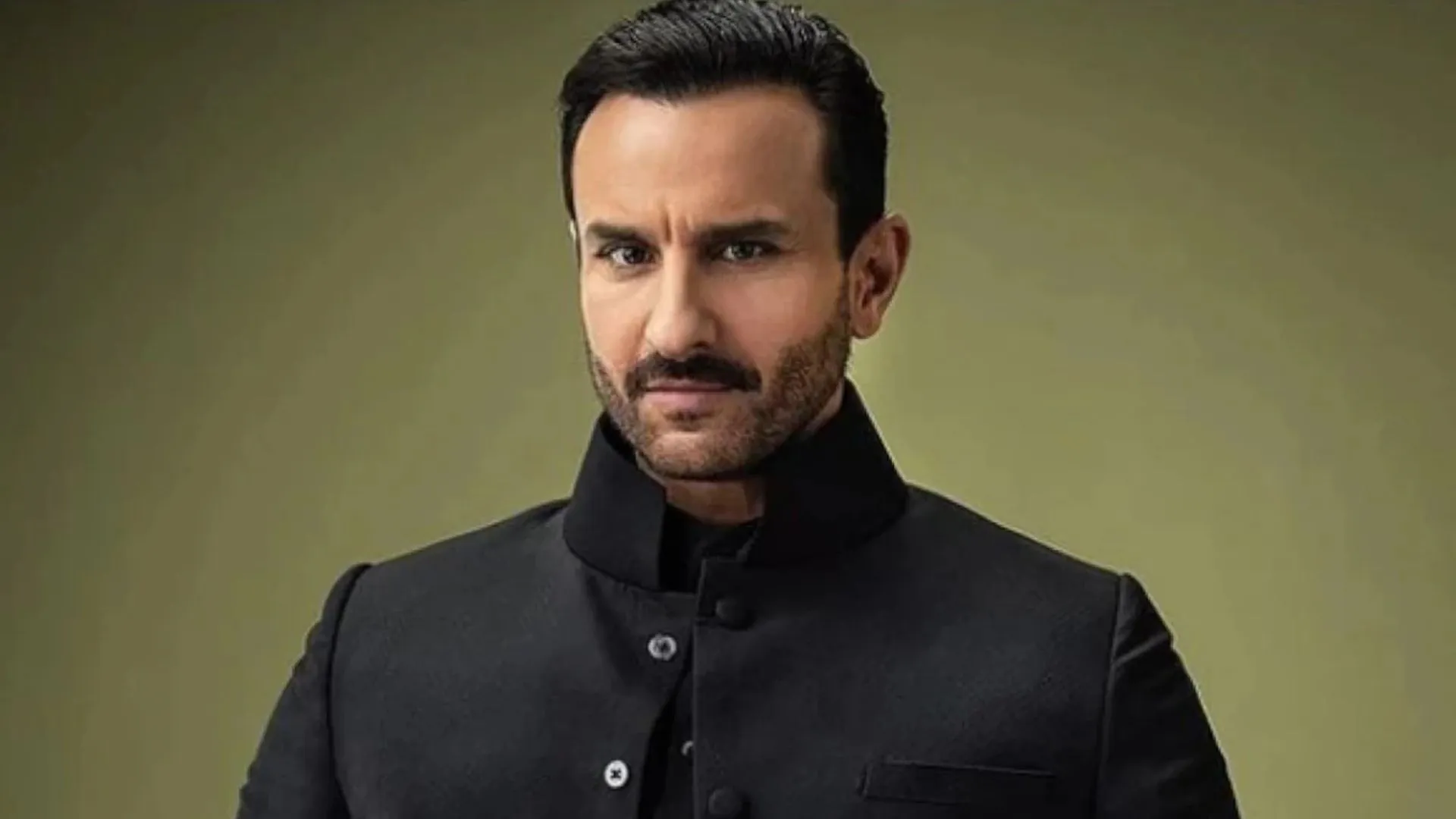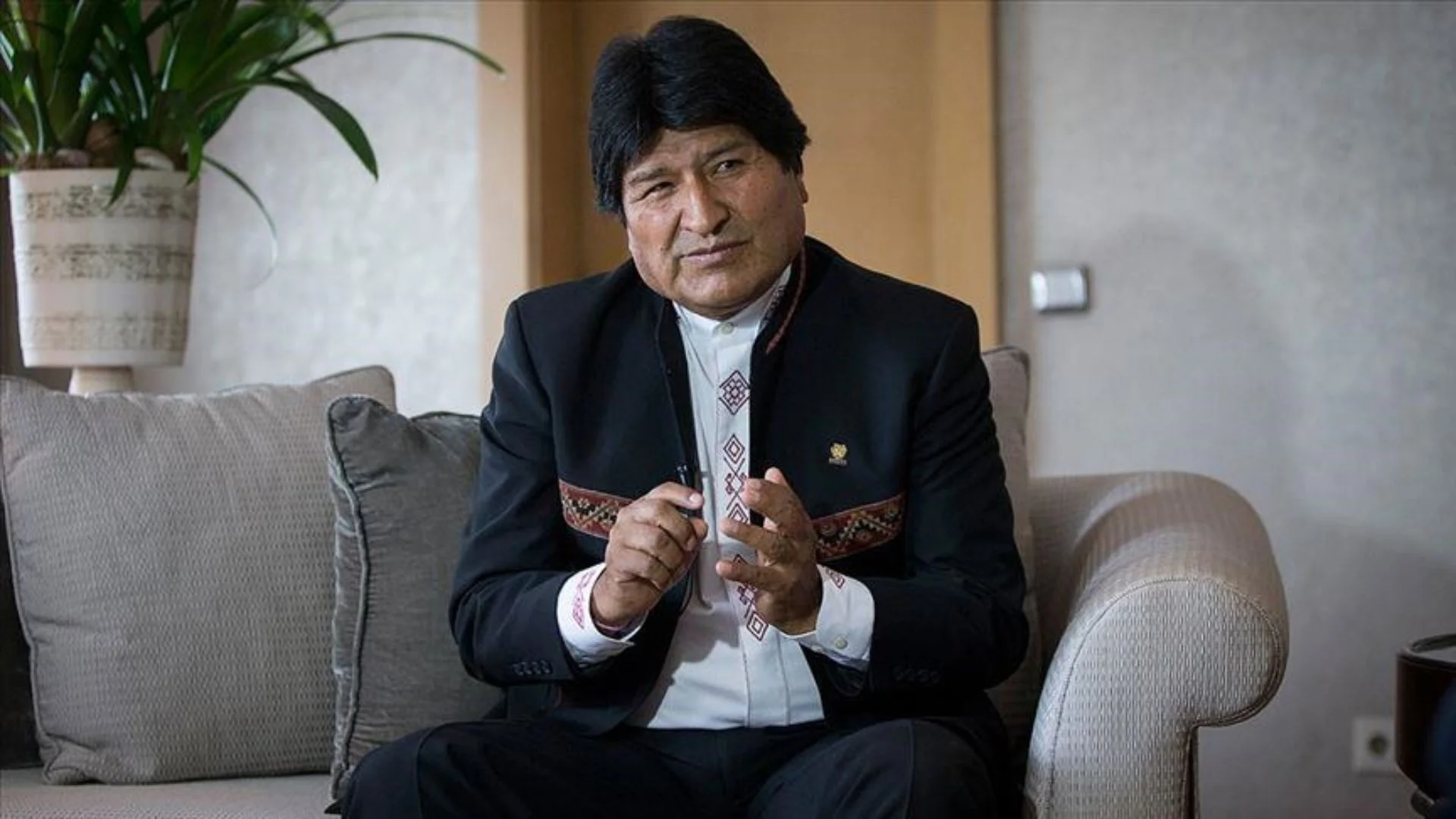It has to be said with consummate ease that in a remarkable, righteous and recent decision titled Mohd Shahabuddin vs State Govt Of NCT Delhi & Anr in W.P. (CRL) 1558/2020 & Crl. M.A. No.14691/2020 delivered just recently on December 2, 2020, the Delhi High Court has while espousing the basic legal rights of a prisoner ruled cogently, clearly, convincingly and commendably that once a prisoner obtains custody parole in a case, he need not obtain permission from every court where he has been convicted or is pending trial. The Bench of Justice Anup Jairam Bhambhani of Delhi High Court was hearing the plea of Shahabuddin who submitted his petition through his counsel who is none other than the eminent and senior Supreme Court lawyer Salman Khurshid that his father had passed away recently and in view thereof, he wishes to spend time with his grieving mother, who is herself, extremely unwell. The Delhi High Court thus granted custody parole for three days to former Mohd Shahabuddin who is a convict and an under trial in custody who is presently lodged in Tihar jail.
To start with, Justice Anup Jairam Bhambhani of Delhi High Court who has authored this latest judgment sets the ball rolling by first and foremost pointing out the purpose of the petition in para 1 that, “The petitioner, who is a convict and an undertrial in custody in Tihar Jail in Delhi inter alia in case arising from FIR No. 362/2016 registered under sections 302/120-B/34 IPC and section 27 Arms Act at P.S.: Nagar Thana, Siwan, Bihar, seeks custody parole.”
To say the least, it is then stated in para 2 that, “Notice in this petition was issued on 28.09.2020; whereupon status report dated 29.10.2020 has been filed by the concerned Jail Superintendent, Central Jail, Tihar and nominal roll dated 23.11.2020 has been received from the prison authorities. A separate status report dated 05.10.2020 has also been filed by the S.H.O. P.S.: Tilak Marg, Delhi, since the petitioner’s case is being overseen by that police station in Delhi.”
To put things in perspective, it is then stated in para 3 that, “At the outset, it must be noticed that the petitioner had moved the Hon’ble Supreme Court vidé W.P. (CRL) No. 280/2020 seeking effectively the same relief as is sought in the present petition; which writ petition was however dismissed as withdrawn vidé order dated 25.09.2020 made by the Hon’ble Supreme Court. In this regard, by its order dated 06.10.2020, this court had directed learned counsel who had appeared for the petitioner before the Hon’ble Supreme Court to file an affidavit affirming that the writ petition before the Hon’ble Supreme Court was simply withdrawn without any hearing having taken place in the matter. In compliance of that order, affidavit dated 21.10.2020 has been filed by learned counsel who had appeared before the Hon’ble Supreme Court confirming the foregoing position. It thereby stands confirmed on counsel’s affidavit that the writ petition before the Hon’ble Supreme Court was withdrawn simpliciter without addressing any submissions before the Hon’ble Supreme Court.”
For the sake of clarity, it is then envisaged in para 4 that, “Since the petitioner is serving sentence in Delhi for a case in which he was convicted by a court in Bihar and there are also several other criminal cases pending against the petitioner in that State, by order dated 06.10.2020, the State of Bihar was impleaded as party-respondent to the present petition; and notice was issued to the State of Bihar. The Inspector General, Prison and Correctional Services, Home (Prison) Department, Government of Bihar has thereupon filed counter-affidavit dated 21.10.2020, setting-out in detail their position vis-a-vis the petitioner.”
While stating the petitioner’s submissions, it is then encapsulated in para 5 that, “Mr. Salman Khurshid, learned senior counsel appearing for the petitioner submits that the petitioner’s father passed away on 19.09.2020; and in view thereof, the petitioner wishes to spend time with his grieving mother, who is herself extremely unwell; and also to offer prayers at the grave of his late father, to attend and perform religious rites and ceremonies for the departed soul; and to spend time with his family in this time of grief.”
Going forward, it is then disclosed in para 6 that, “A copy of Death Certificate dated 24.09.2020 issued by the Department of Planning and Development, Gram Panchayat, Pakwaliya, Bihar has been filed on record in evidence of the passing away of the petitioner’s father.”
While continuing in a similar vein, it is then put forth in para 7 that, “Mr. Khurshid points-out that the petitioner was undertrial in case FIR No. 362/2016 registered at P.S.: Nagar Thana, Siwan, Bihar and has thereafter been transferred by the Hon’ble Supreme Court vidé judgment dated 15.02.2017 in Asha Ranjan vs. State of Bihar & Ors. (2017) 4 SCC 397 to be in custody at the Central Jail, Tihar, New Delhi.” Para 8 then states that, “It is further submitted that though the petitioner has been implicated in multiple criminal cases, in case FIR No. 131/2004 and FIR No. 220/2014 he was granted bail/interim bail, which he availed from 10.09.2016 to 30.09.2016 and did not misuse the liberty granted.”
Furthermore, it is then elaborated upon in para 9 that, “It is submitted that vidé application dated 20.09.2020 the petitioner’s wife had sought parole from the Government of Bihar; and had also simultaneously moved an application dated 20.09.2020 before the Director General (Prisons) Central Jail, Tihar seeking the same relief, to enable the petitioner to attend his father’s burial. However, the petitioner’s father was laid to rest on 20.09.2020 at his native place in Siwan, Bihar while the said applications were still pending. Thereafter, by e-mail communication dated 20.09.2020 the petitioner’s counsel sought custody parole for him; in response to which he received a reply dated 21.09.2020 from the Jail Superintendent stating that:-
“ ….. It is further informed that Custody Parole may be granted to the convict by an order in writing, issued by the Superintendent Prison and to the under trial prisoners by the Hon’ble Court. Further the accused Md. Shahabuddin s/o S. M. Hasibullah has been informed about the sudden demise of his father.””
Going ahead, it would be relevant to point out here that para 10 then discloses that, “In the present petition, attention of this court is drawn to Rule 1203 of the Delhi Prison Rules 2018, which provides for grant of custody parole to a convict inter alia in case of death of a family member; and to Rule 1205 which postulates grant of custody parole to visit any place outside the NCT of Delhi but within the territorial limits of India subject to fulfilling the other requirements contained in that rule.”
While stating the reason for allowing petitioner parole in petitioner’s submissions, it is then noted in para 11 that, “The petition also recites that apart from being shattered due to the demise of his father, the petitioner also wishes to be beside his mother, who is about 86 years of age and has been suffering from multiple age related ailments, is bedridden and has been in deep shock due to the demise of her husband. It is further stated that the petitioner’s elder brother passed away on 19.02.2020 and his sister-in-law had predeceased the brother. Though initially, there was nothing on record to show for the medical condition of the petitioner’s mother, vidé Index dated 25.11.2020 the petitioner has filed medical records dated 15.08.2020 and 20.11.2020 from certain medical facilities in Siwan, Bihar alongwith a photograph of his mother, which appear to show the mother as being in a weak state of health; and in the last medical record dated 20.11.2020, the doctor appears to have advised “Absolute bed rest for 21 days”.”
What’s more, it is then also brought out in para 12 that, “Under cover of Index dated 28.11.2020 the petitioner has also placed on record two decisions relating to grant of interim bail/bail, one by a learned Single Judge of the High Court of Judicature at Patna and the other by a learned Single Judge of this court. Order dated 07.09.2016 by the Patna High Court relates to the petitioner himself, in which a learned Single Judge granted bail to the petitioner in case FIR No. 220/2014. It is noticed however that this bail was subsequently cancelled by the Hon’ble Supreme Court in Chandrakeshwar Prasad (infra). The second decision is order dated 12.11.2020 made by a Coordinate Bench of this court in case titled Jaideep Singh Sengar @ Atul Singh vs. CBI, where a learned Single Judge has granted interim bail to the applicant, who is an undertrial in that case, on the basis of that applicant’s own medical grounds. In the opinion of this court, neither of the said two decisions would have any bearing on the present case.”
To be sure, it is then stated in para 13 that, “Upon being queried, Mr. Khurshid confirms on instructions, that the petitioner would be willing to bear all travel, lodging and boarding expenses towards the police detail that may be required to accompany the petitioner during the period of custody parole, if granted.”
As it turned out, after listening to all the concerned parties, it is then pointed out in para 26 that, “Though ordinarily custody parole would be granted to a prisoner without much reservation, once the existence of exceptional situations and exigencies contemplated in the prison rules is verified, however the backdrop and history of the present case is not run-of-the-mill or usual by any standards. This court is accordingly compelled to take an extremely close and critical look at the present case.”
Needless to say, the Bench after noting in para 27 that, “At the cost of repetition, this is no ordinary case” then goes on to observe in para 28 that, “There is no contest on either side that since the petitioner has been transferred by the Hon’ble Supreme Court to serve sentence and remain in custody as an undertrial in prison in Delhi and has been subject to the prison regime in force under the Delhi Prison Rules 2018, the said rules would also govern the grant or denial of custody parole to him. It is inconceivable that the petitioner, who is in longterm custody in Delhi, would be dealt-with under the Bihar Prison Rules since such a situation would be rife with anomalies, impracticalities and day-to-day problems of implementation. It would neither be feasible nor fair nor just that one prisoner in a Delhi prison should be treated differently than others, for any reason. Also, the petitioner has been transferred by the Hon’ble Supreme Court out of Bihar to suffer sentence and remain as an undertrial in Delhi for security considerations but without any direction that he is to be dealt with under the Bihar Prison Rules. Accordingly, it is the Delhi Prison Rules that would apply to the petitioner’s plea for custody parole.”
Be it noted, it is then enjoined upon in para 29 that, “The relevant Delhi Prison Rules relating to custody parole are extracted below for ease of reference :
“CUSTODY PAROLE
1203. “Custody Parole” may be granted to the convict by an order in writing, issued by the Superintendent Prison and to the under trial prisoners by the trial court concerned, for a period of not more than six hours, excluding the time taken to reach the destination and return to Prison, in the following eventualities:
i. Death of a family member;
ii. Marriage of a family member;
iii. Serious illness of a family member or
iv. Any other emergency circumstances with the approval of DIG (Range) of prisons.
Note: The prisoners who have been convicted by the trial court may avail custody parole from prison authorities though their appeals are pending before the higher courts.
1204. The Superintendent of Jail will verify the existence of the circumstances mentioned in Rule 1203 above from the concerned police station immediately on receipt of the application/request to that effect.
1205. The custody parole may be granted to visit any place outside Government of NCT of Delhi of Delhi but within the territorial limits of India, subject to reasonable logistic and security constraints by Inspector General of Prisons. The cost of transportation of the Prisoner and the Police shall be borne by Prisoner; however, Inspector General of Prisons may waive the cost of transportation of the Prisoners, who cannot afford the same in exceptional circumstances.
1206. The prisoner would be escorted to the place of visit until his return there from, ensuring the safe custody of the prisoner. Such prisoner would be deemed to be in prison for the said period which would also be treated as period spent in prison.””
For sake of clarity, it is clarified in para 36 that, “To further elaborate on this issue, this court may add, that conceptually, when a prisoner is granted ‘custody parole’, the prisoner is not freed from judicial custody, in that he is not allowed to leave prison on his own or to come and go where he pleases. During ‘custody parole’ the prisoner continues to remain in the custody of the court. It is for this reason that the period spent on custody parole is counted towards period spent in prison. Custody parole therefore contemplates a situation whereby, for special exigencies mentioned in the jail rules, the prisoner is granted guarded liberty and the jail travels with the prisoner to wherever the prisoner is allowed to go under orders of the court. Since the prisoner continues to remain in judicial custody, the need for taking custody parole or other permission from each and every court in which the prisoner is pending trial or has been convicted does not arise. Accordingly, once a prisoner obtains custody parole in a given case, he does not need to obtain separate custody parole orders from every other court which has convicted him or in which he is pending trial, except that if during the period of custody parole the prisoner is required to be produced by the Jail Superintendent before any court, as per the mandate of the Division Bench in Crl. Ref. 5/2019 (supra), information of the fact that he is on custody parole must of course be given to such court.”
As it turned out, it is then stated in para 37 that, “In the present case there is no doubt that the petitioner’s personal circumstances at this time, namely the passing-on of his father and his need to be with his family and perform rites and rituals, stands verified and requires humane consideration, yet the other considerations referred to above require closer scrutiny.”
It is worth noting that it is then brought out in para 38 that, “The police departments of the States of Bihar and Delhi are both saying in unison that they cannot assure the petitioner’s custody and safety. Alternatively, they are saying that they would need to deploy inordinately vast resources, if the petitioner’s custody and safety is to be ensured. Rare is it to come-upon a case where State Governments are unsure and dithering to make a commitment that they can ensure the custody of a prisoner. This however, is definitely such a case.”
As a corollary, it is then held in para 38 that, “In view of the above, this court has given its painful consideration to the prayers made in the petition and is of the opinion that a very strict balancing is required between the humane considerations for grant of custody parole and the overarching considerations of ensuring judicial custody of the prisoner; his own safety and the safety of others; and ensuring that there is no subversion of, or prejudice to, the legal process. After all, the Hon’ble Supreme Court has in exercise of its extraordinary judicial powers, transferred the petitioner to Delhi to undergo sentence as well as trials outside the State of Bihar for compelling considerations. It is evident that the very presence of the petitioner within the State of Bihar was perceived by the Hon’ble Supreme Court as a grave threat and interference in the course of justice.”
While conceding the huge loss suffered by the petitioner, it is then held in para 40 that, “Yet, in an effort to balance competing interests and rights, as propounded by the Hon’ble Supreme Court, this court would not completely negate the petitioner’s plea for custody parole in the backdrop of the recent bereavement he has suffered.”
Finally and far most significantly, it is then held in para 41 that, “In the opinion of this court, the foregoing considerations are adequately and justly balanced, by issuing the following directions:
a. The petitioner is granted ‘custody parole’ for a period of 06 (six) hours at a time on any 03 (three) days of his choice, whether consecutive days or otherwise, within a period of 30 (thirty) days from the date of this order;
b. On each of these 03 days, the petitioner would be taken ‘in custody’ with adequate police security and protection, to a single address of his choice to be indicated by him in writing to the Jail Superintendent in advance, but only within the State of Delhi; which address and location would be verified and secured appropriately by the State;
c. On each of these 03 days of his choosing, the petitioner shall be taken ‘in custody’ to the verified address for a maximum of 06 hours, excluding the time of travel to and from that address, between 6.00 a.m. and 4.00 p.m. on each such day;
d. During the period of custody parole, the petitioner shall be free to meet only his mother, wife and any other blood relatives but no one else; and the petitioner shall be afforded sufficient privacy to interact with such persons as he pleases;
e. It is made clear that in the course of custody parole, the petitioner shall not be entitled to the presence of his personal guards or other such persons;
f. In order to execute the aforesaid directions, the petitioner is directed to furnish to the Jail Superintendent the address which he would like to visit during custody parole within 03 days of this order, which address may accordingly be verified in advance.”
To conclude, the sum and substance of this noteworthy judgment is that even those who are in jail and accused in serious crimes and even convicted too have certain legal rights which cannot be taken away ordinarily. In this case, the Delhi High Court after considering everything then custody parole with conditions as stated above. There is no reason to differ with what Justice Anup Jairam Bhambhani of Delhi High Court has held so explicitly, elegantly and effectively! There can certainly be no denying it! Due process of law has certainly been followed in this case for which there can be no two views on it!























